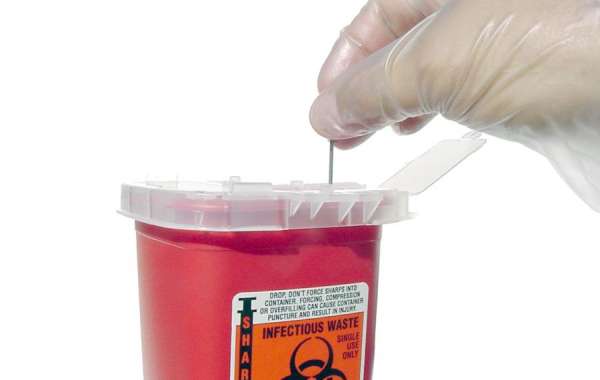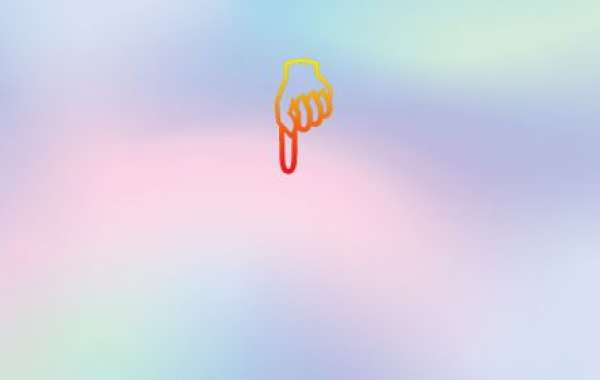Dental practices are unique healthcare settings that generate a specific type of medical waste known as sharps waste. Proper management of sharps waste is not only crucial for the safety of dental healthcare workers but also for environmental sustainability.
The Unique Challenge of Dental Sharps Waste
Dental professionals use a range of sharp instruments, including needles, syringes, and scalpel blades, as part of routine dental procedures. This leads to the generation of sharps waste that is contaminated with blood and potentially infectious materials. Due to the specialized needs of dental practices, the management of sharps waste presents several unique challenges.
Specialized Needs of Dental Practices
High Volume of Sharps Waste: Dental procedures often require the use of needles and other sharp instruments, resulting in a high volume of sharps waste generation in dental practices.
Infection Control: Dental healthcare workers must maintain strict infection control protocols to prevent the spread of bloodborne pathogens during procedures and in the handling of sharps waste.
Space Constraints: Dental practices may have limited space for waste storage, necessitating efficient and safe waste management solutions.
Regulatory Compliance: Dental facilities must adhere to stringent regulations governing the disposal of sharps waste to ensure the safety of staff and the environment.
Solutions for Sharps Waste Services in Dental Practices
Sharps Containers: Dental practices require specialized sharps containers that are puncture-resistant, leak-proof, and designed to accommodate the high volume of sharps waste generated. These containers are typically smaller in size to fit in dental treatment areas conveniently.
Segregation and Labeling: Dental staff must be trained to segregate sharps waste from other types of waste and label containers appropriately to ensure proper handling and disposal.
Regular Pickup and Disposal: Scheduled sharps waste pickup and disposal services are crucial for maintaining a clean and safe dental environment. Dental practices should partner with waste service providers offering convenient pickup schedules.
Compliance and Education: Dental professionals need training and education on regulatory compliance, safe handling, and disposal practices. Reputable sharps waste services often provide this vital educational component.
Environmentally Friendly Options: Eco-conscious dental practices can opt for waste services that provide environmentally friendly disposal methods, such as autoclaving or other sustainable treatment methods.
Emergency Preparedness: Dental practices should have protocols in place for the safe disposal of sharps waste during emergency situations, such as natural disasters or power outages.
Conclusion
Proper sharps waste management is not only a regulatory requirement but also an essential component of infection control in dental practices. The specialized needs of dental facilities necessitate unique solutions to ensure the safety of both healthcare workers and the environment. Partnering with reliable sharps waste services that understand these specialized needs can help dental practices maintain a clean, safe, and compliant environment while contributing to public health and sustainability. By addressing the specific challenges of dental sharps waste, dental practices can focus on what they do best: providing quality oral healthcare to their patients.




